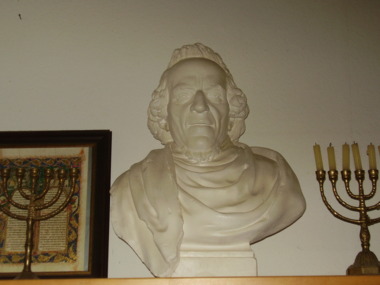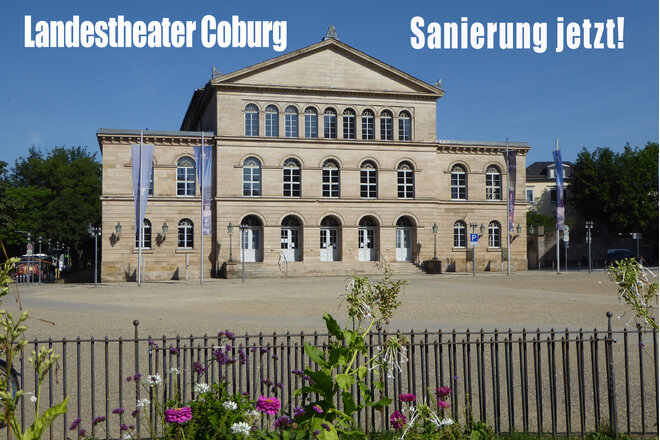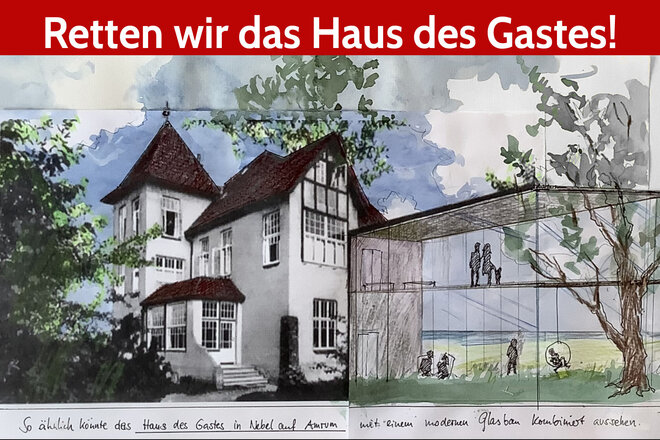27.04.2013, 23:48
German Equality, Enforced in Names
By MELISSA EDDY, New York Times
Published: April 26, 2013
BERLIN — When the city authorities asked the Jewish Museum here to propose a name for the cobblestone square outside its new education center, museum officials promptly suggested that of Moses Mendelssohn.
Mendelssohn, an 18th-century philosopher, whose theories heralded the Jewish enlightenment, reflected the museum’s mission of tolerance and understanding and his name resonates internationally, museum officials said.
He also met the criterion of having no other streets or public places in the city named for him.
No one in on the district board responsible for the naming of streets disputed that such an honor was long overdue for a man once refused entry to Berlin through a main city gate because he was Jewish.
Nevertheless, the suggestion was rejected, because Moses Mendelssohn was not a woman.
An edict passed by the Kreuzberg district, where the museum is located, requires that streets and public places be named for women until parity is reached with males.
The debate over what to name the square underlines how entrenched gender roles in German society remain, reaching down to the most mundane levels of society.
It comes a week after German lawmakers rejected legislation that would have required the country’s largest companies to have 20 percent of corporate boards made up of women by 2018, following months of debate over how best to increase the presence of women in the highest levels of management.
In recent years, local politicians and civil rights activists in Berlin have decided to seek change at the grass-roots level, successfully pushing through edicts stipulating that all new streets and public places are to be named after women, until parity is achieved.
Of the 375 named streets in Kreuzberg only 12 bear women’s names. A full quarter of those came after the local edict was passed in 2005.
“Given our patriarchal history, it goes without saying that women have been neglected, even if they were published authors, or successful artists, or otherwise equally deserving as the men whose names grace our city’s streets,” said Kristine Jaath, the head of the Kreuzberg district assembly and a member of the Green party, which drew up the idea of striving for gender parity on signposts.
Local politicians in German cities including Munich, Mainz and Hamburg have all sought to make women more visible through street names, overwhelmingly honoring great male figures from German history, such as rulers like Maximilian II of Bavaria and Kaiser Friedrich of Prussia; the father of the printing press, Johannes Gutenberg; and religious figures like Martin Luther.
Beethoven Street or Mozart Lane are also commonly found in villages from the Rhineland to the Alps. The composer Felix Mendelssohn Bartholdy, grandson of the philosopher Moses Mendelssohn, earned the honor of a Berlin street named after him in the 19th century. His sister Fanny, also a composer, had to wait until 1991.
Experts point out that as banal as it may seem, the predominance of male names on city streets hampers the efforts to better recognize women in all levels of society, from politics to classrooms to the boardrooms.
“Many elements of public life are very influenced by this male-orientated point of view,” said Christine Neher, of the Bureau for Women’s Issues in Mainz.
Her office initiated the drive to increase women’s representation of women on the city’s streets in the mid-1990s, after discovering they accounted for only 2.4 percent of the more than 1,500 streets, squares and public places.
“It does not have to be aggressive, but it is another attempt to counter the very compartmentalized way of thinking that is already very pronounced in German society,” Ms. Neher said.
Complicating the debate over the still-cordoned-off square outside of the Berlin Jewish Museum’s new academy, a squat industrial building graced with an angular and dynamic entrance designed by Daniel Libeskind, the architect of the main museum, was the notion that two groups that had faced discrimination were being pitted against each other in a way that left many uncomfortable.
Over the course of an intensive debate that stretched over 18 months, suggestions for suitable women poured in from employees of the museum and local citizens, who named authors, suffragettes, teachers and poets, all Jewish women whom they felt were worthy of the honor.
But the Jewish Museum stuck by its original suggestion. Other supporters gathered several hundred signatures in hopes of forcing an exception to be allowed, as had been for the naming of two other streets in the district, one in honor of Rudi Dutschke, the other of Silvio Meier, both victims of political violence.
In the end, a compromise was found by including the wife of Moses Mendelssohn, Fromet, in the name for the square.
Fromet-and-Moses Mendelssohn Platz received unanimous approval by the dis



